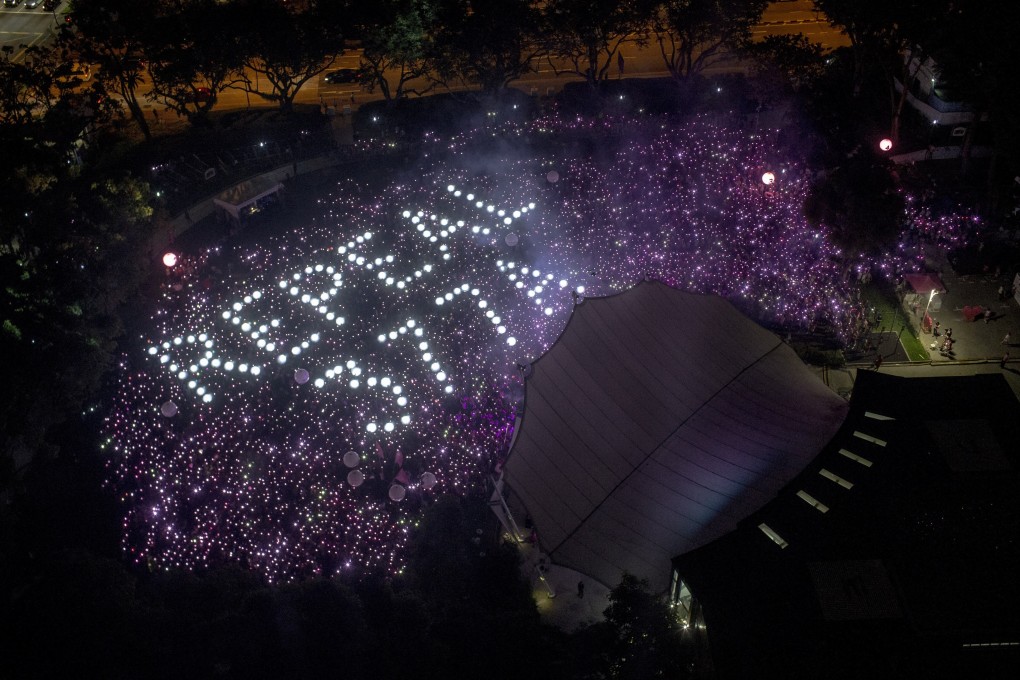Advertisement
Gay sex still illegal in Singapore as top court rejects latest legal challenge against ban
- A panel of judges said the law carries ‘symbolic weight’ and was being maintained on the basis that it ‘would not be proactively enforced’
- Authorities maintain most in Singapore would be against repealing the law. Campaigners have pledged to fight on and get the legislation overturned
Reading Time:2 minutes
Why you can trust SCMP
4

Agence France-Pressein Singapore
Singapore’s top court on Monday dismissed the latest challenge to a law banning sex between men, but gay rights campaigners pledged to fight on and get the legislation overturned.
A holdover from British colonial rule, the law is not actively enforced but campaigners say it still denies members of the gay community their rights despite the affluent city state’s increasingly modern and vibrant culture.
There have been several failed attempts to get the legislation repealed in recent years, a contrast to progress on gay rights in other parts of Asia, like Taiwan and India.

The latest ruling, by Singapore’s Court of Appeal, was on a challenge against a 2020 High Court decision.
Advertisement
A panel of judges dismissed the appeal, saying it was unnecessary for them to rule on it as the campaigners who brought the case “do not face any real and credible threat of prosecution”.
But they did go further than in previous cases, noting the law was maintained due to its “symbolic weight” but on the basis that it “would not be proactively enforced”.
Advertisement
Advertisement
Select Voice
Choose your listening speed
Get through articles 2x faster
1.25x
250 WPM
Slow
Average
Fast
1.25x